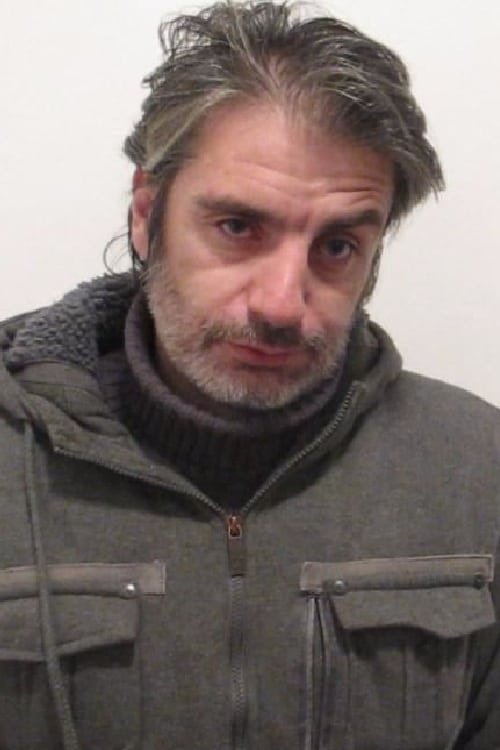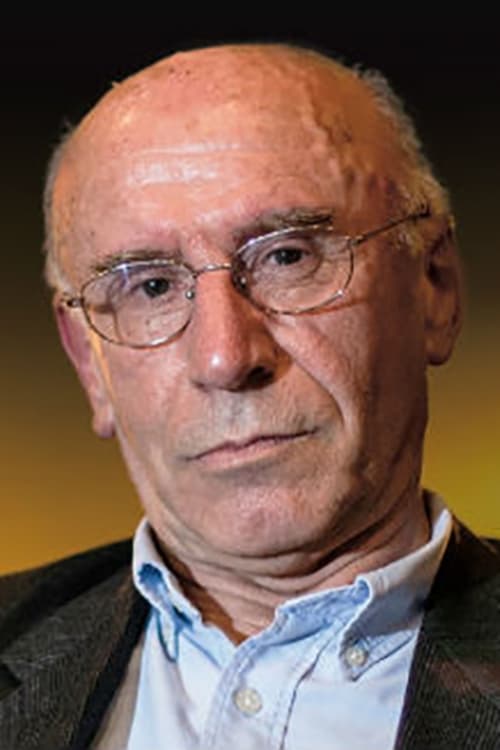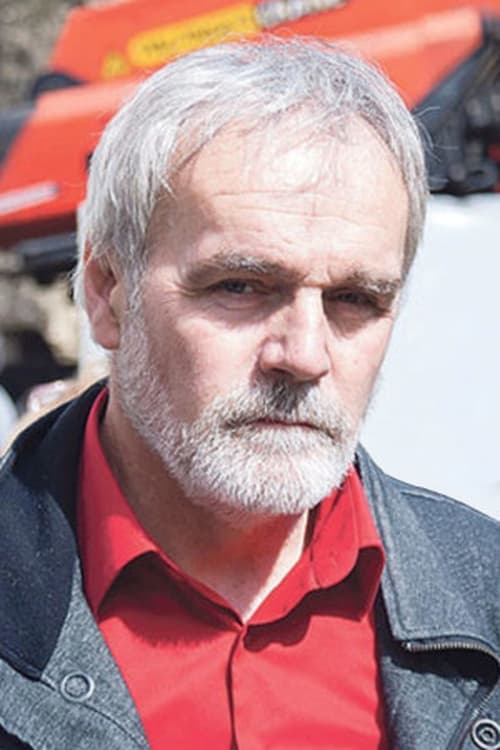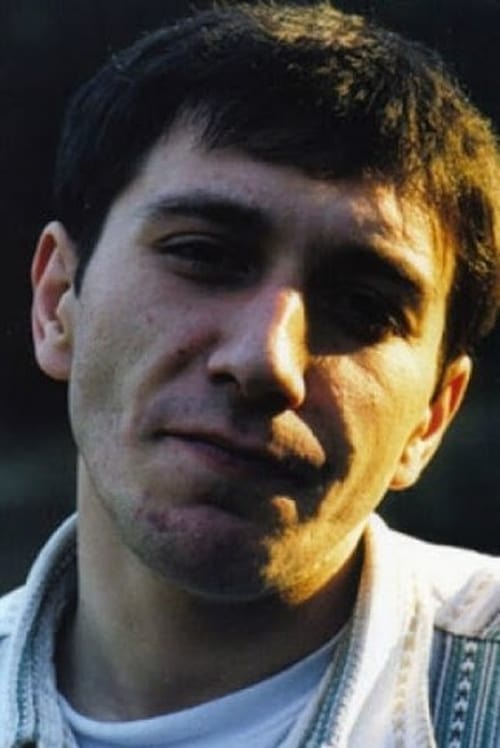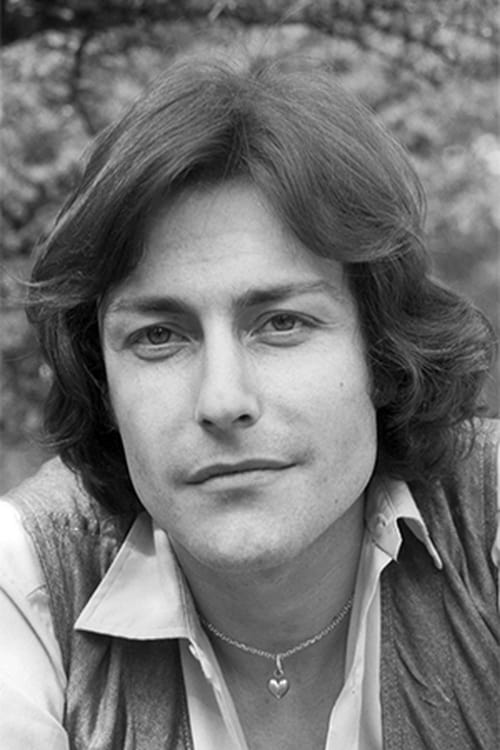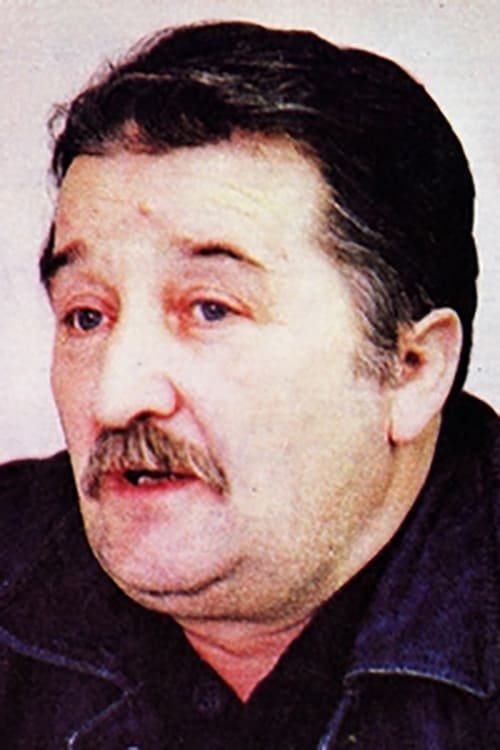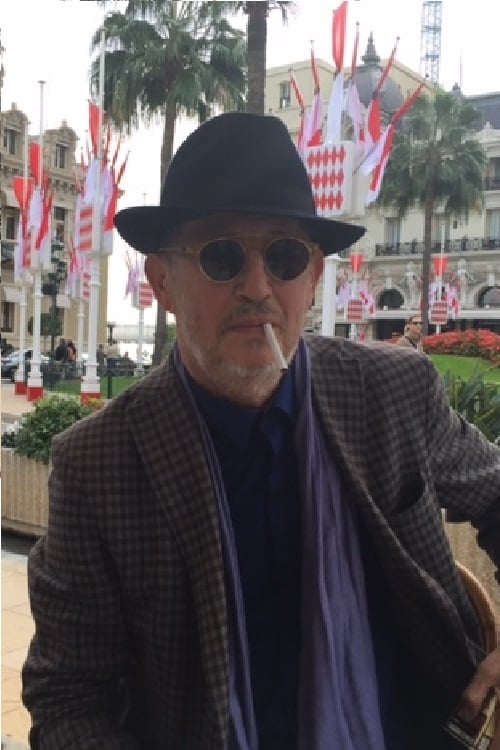The Last Waltz in Sarajevo (1990)
장르 : 드라마
상영시간 : 1시간 59분
연출 : Nikola Stojanović
각본 : Nikola Stojanović
시놉시스
The last film made in Yugoslavia, tells a story about Sarajevo during the last days of Europe, better known as the "Belle Epoque", between the years 1910-1914. A time of troubled events in the Balkans and an assassination attempt of Franz Ferdinand, which caused the beginning of the First World War.
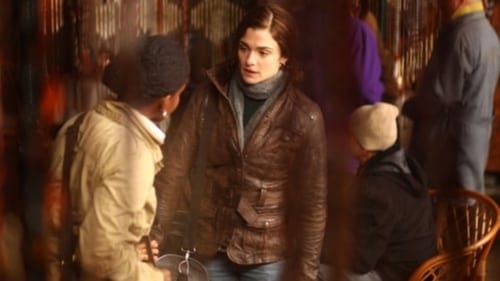
미국 네브래스카 주의 경찰인 캐스린 볼코박은 돈이 필요하다는 지극히 개인적인 이유로, 정부에서 파견하는 평화유지군 임무에 지원하게 된다. 캐서린은 보스니아에 파견된 후 얼마 지나지 않아, 숲에서 상처투성이로 발견된 한 여자아이를 조사하게 되고, 그 아이가 보스니아 인신매매의 피해자라는 것을 알게 된다. 하지만 사건의 진실을 파헤치는 과정에서, 인신매매에 가담한 사람이 포주 한 명에 불과한 게 아니라는 것을 알게 되는데…
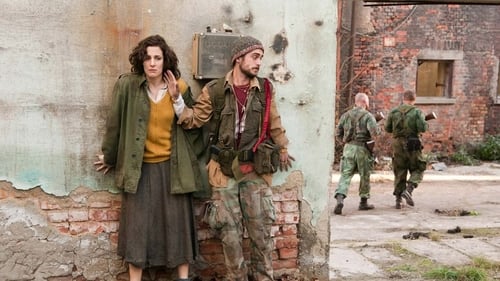
During the Bosnian War, Danijel, a soldier fighting for the Serbs, re-encounters Ajla, a Bosnian who's now a captive in his camp he oversees. Their once promising connection has become ambiguous as their motives have changed.
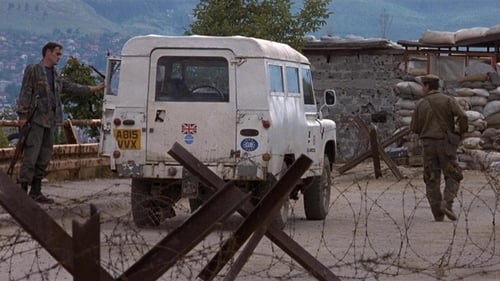
미국에서 온 저널리스트 플로이드와 영국에서 온 마이클 핸더슨, 그리고 그들이 속해있는 팀은 사라예보의 보스니아 내전을 취재하려는 목적을 가지고 있다. 믿을 수 없는 전쟁의 참상과 끔찍함을 목도하는 과정에서 그들은 한 어린 고아소녀를 발견하게 된다. 전쟁의 한복판에 어린 소녀를 놔둘 수 없었던 핸더슨은 고아 소녀 에미라를 영국으로 입국시키고 입양하기로 결심하는데.......

에스마는 딸 사라를 혼자 키우고 있다. 그녀는 딸의 수학여행 경비를 벌기 위해 시내의 나이트 클럽에 웨이트리스로 취직을 해야 할 정도로 고달픈 삶을 살고 있다. 하지만 자신이 상이용사의 딸이라고 철석같이 믿고 있는 사라는 전사자 가족에게 수학여행 경비가 면제된다는 얘기를 듣고 엄마에게 아버지의 전사증명서를 받아오자고 한다. 에스마는 진실을 말해줄 수 없어 망설이지만 결국 사라가 출생의 비밀을 알게 되고 모녀는 갈등한다.
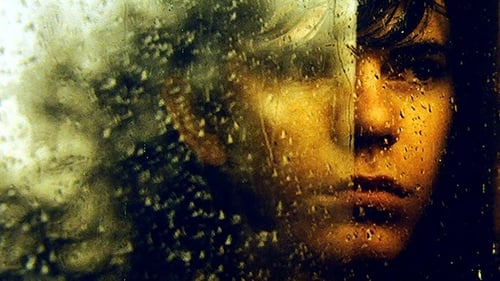
A young man grows up in Sarajevo in the 1960s, under the shadow of his good, but ailing father, and gets attracted by the world of small-time criminals.

알렉스는 여자친구 셀마와 함께 보스니아 숲을 가던 중에 차가 고장 난다. 알렉스는 부근이 지뢰밭이라며 숲속으로 들어가는 걸 꺼리는 셀마를 간신히 설득하고, 셀마는 아버지가 유품으로 남겨주신 하마일리아 목걸이를 자신의 수호천사라며 애지중지한다. 숲에서 우연히 만난 부크 일행은 다친 셀마를 자신들의 거처로 데려가서 치료해주지만, 눈을 뜬 셀마는 전시에 부모님과 오빠가 살해당했던 장면이 떠오르면서 불안한 기운을 느끼기 시작하는데…
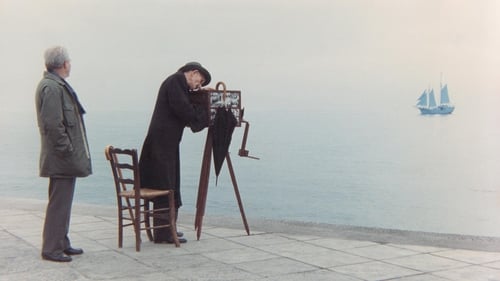
"A," a Greek filmmaker living in exile in the United States, returns to his native Ptolemas to attend a special screening of one of his extremely controversial films. But A's real interest lies elsewhere--the mythical reels of the very first film shot by the Manakia brothers, who, at the dawn of the age of cinema, tirelessly criss-crossed the Balkans and, without regard for national and ethnic strife, recorded the region's history and customs. Did these primitive, never-developed images really exist?
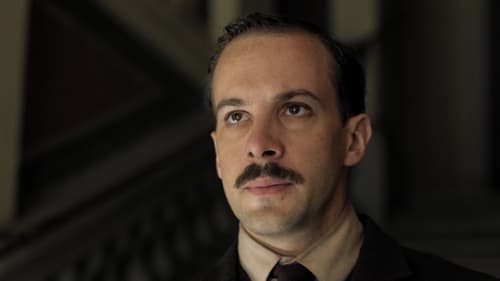
프란츠 페르디난트 대공 암살 사건의 진실을 파헤치던 한 명예 판사가 수상한 세력의 표적이 되어 버린다.

The horrors of war are examined from the view points of lifelong friends (Linus Roache, Vincent Perez), who end up on opposing sides in the civil war in Sarajevo. One is an expert marksman, who trains the snipers used to terrify the city and the other becomes a freedom fighter, who rejects his friend's offer to gain an escape from the city. As might be expected, the two eventually have to face-off against one another.
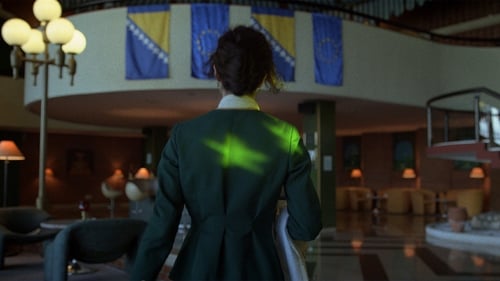
Sarajevo on 28 of June, 2014. At the Hotel Europa, the best hotel in town, the manager Omer prepares to welcome a delegation of diplomatic VIPs. On the centenary of the assassination that is considered to have led to World War I, an appeal for peace and understanding is supposed to start from here. But the hotel staff have other worries: having not been paid for months, they are planning to go on strike. Hatidza from the hotel laundry is elected strike leader even though her daughter Lamija, who works in reception, is firmly against industrial action. Meanwhile, in the sealed-off presidential suite, a guest from France rehearses a speech. Elsewhere, a television reporter conducts interviews about war and its consequences. Was Gavrilo Princip, the 1914 assassin, a criminal or a national hero? What long shadow does his deed cast into the present?
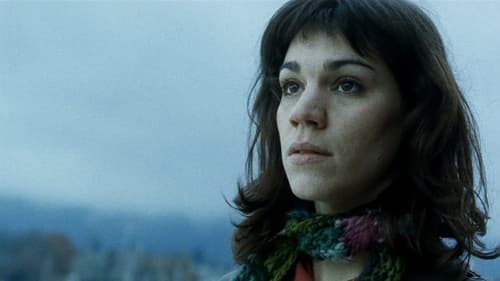
전 유고슬라비아 출신의 세 여성을 통해 생존에 대한 개념과 세대 간의 차이로 빚어지는 미묘한 오해를 보여주고 있는 영화. 50살의 꼬장꼬장한 루자는 세르비아 출신으로, 취리히에서 식당을 운영하고 있다. 그녀의 유일한 관심사는 돈벌이뿐이다. 루자의 식당에서 일하는 60살의 밀라는, 고향인 크로아티아에 집을 지을 수 있을 만큼 돈을 버는 것이 꿈이다. 22살의 아름답고 충동적인 아나는 사라예보 출신으로, 저녁시간에 식당에 와서 일한다. 뒤엉킨 적대감으로 인해 세 사람 사이의 우정은 힘들지만 천천히 싹터간다. 로카르노영화제 금표범상을 수상한 작품으로, 국적이란 무엇인지, 무엇이 국적을 만들어내는지, 이민의 메커니즘은 어떤 것인지, 이런 복합적인 문제들을 단순한 감상주의에 기대지 않으면서 효과적으로 그려내 보인 작품이다.
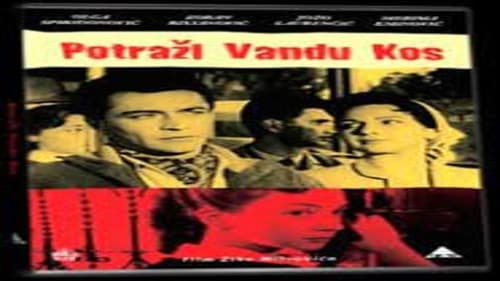
A woman comes to Sarajevo to find out more about her brother's death. The only source she has is a message on a piece of paper she got from him: "Look for Vanda Kos".

The last film made in Yugoslavia, tells a story about Sarajevo during the last days of Europe, better known as the "Belle Epoque", between the years 1910-1914. A time of troubled events in the Balkans and an assassination attempt of Franz Ferdinand, which caused the beginning of the First World War.

Sarajevo was under siege already 9 months when Radovan Tadic flew there with a UNO machine to take pictures of misery and destruction in a city, in which dread is part of everyday life. He lets people talk about their desperate situation and repeatedly the dismay about the hatred between former neighbors. We see pictures of a wedding, interrupted by gun fire, an emergency operation on a soldier is interrupted by a woman's delivery, children disassemble a theater to get firewood. -- A dramatic appeal against carelessness and forgetting.

Based on 1992 journals of Bosnian visual artist Alma Hajric who was forced into a basement shelter to survive the siege of Sarajevo, Black Kites skillfully merges the reality-based content of her journal with interpretive visual material to reveal the simple, sometimes beautiful, yet brutal truth of her existence. Non-linear, dreamlike and spectral, Black Kites is a testament to artistry, imagination and the resiliency of the human psyche. Features sensitive performances by Steve Buscemi, Mimi Goese and Mira Furlan, a prominent actress from the former Yugoslavia, as the narrator.

Based on a short story of Ivo Andrić, famous Yugoslav Nobel Prize winner, this film is set in Sarajevo during WW2. Mento is a humble, poor Jew who runs a caffe. Stjepan is a man of unknown background, with no social or psychological dimension, who joined Nazis to leave any sort of trace behind himself.

A group of thieves return from Western Europe to Sarajevo during Christmas and New Year holidays. Back home they meet some old friends, their families, their lovers, but they also have to ...
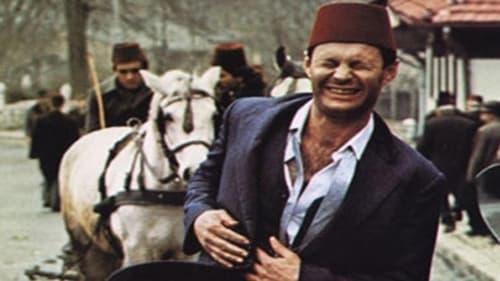
Thanks to his friendliness towards Nazis, Sarajevo businessman gets more and more rich during WW2. However, his infatuation towards the Jewish girl causes his downfall.
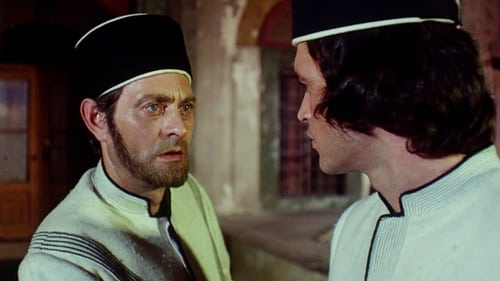
Ahmet Nurudin is a dervish and head of the Islamic monastery of the Mevlevi order in Sarajevo. He is a personification of morale and dogmatic belief, everything that Muslim religion of the Ottoman rule rests on. Throughout his life, the atmosphere of the city, the relations with the judge and the mechanism of government, the image of Ottoman Empire at the beginning of the nineteenth century is being revealed. Based on a highly praised novel by Meša Selimović.

